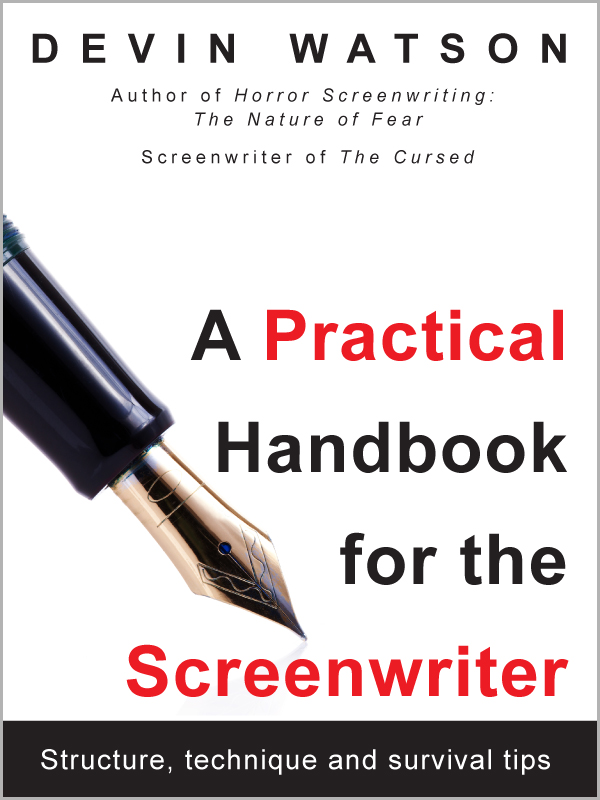Films give us something that we sometimes or all of the time lack from other forms of entertainment and even real life. They are art, and they are escape. They can be uplifting, scary, romantic, or just plain fun to watch.
Let’s say you want to invest but don’t want to plug in to a bigger project in the hundreds of thousands or even million-dollar budget and sit with chewed fingernails wondering if you’re going to get your investment back. That’s a big leap to make if you haven’t done it before.
Crowdfunding might be the thing you’re looking for. It is an alternative film investment strategy that is much more straightforward and does not require a heavy burden of cash. But it can have lasting consequences for many years past the normal shelf life of the original film.
What Crowdfunding Isn’t
Crowdfunding is not traditional film investment. You do not have an expectation of ROI months or years later in cash. Rather than being just 1 or 2 investors for a film, crowdfunding is more grassroots and consists of many, sometimes dozens or more people donating much smaller amounts to reach a funding goal.
It is not a scam or scheme to bilk people out of money. Filmmakers have successfully funded their projects using crowdfunding to produce movies that would otherwise never have gotten made. And all at various budget levels, from just a few thousand up to many thousands.
It would be interesting to see if something in the multi-hundred thousand dollar range could be crowdfunded, but only time will tell.
What Crowdfunding Is
When you crowdfund a film, you are participating in its creation similar to a traditional investor. Your investment is more than money. You want to see the film get made, true, but you’re also investing in the filmmaker and the team working on the project.
What you get back can vary depending on your “investment level” or donation, but you do get something back now rather than later. This is variable depending on the project and the filmmaker involved, but there is almost always something given back for your participation.
Since the amounts usually run between $1 and $100, the type of returns you get back can vary, but most of all you’ll see credits in the film. You helped fund it, you get credit for it. Think about that for a minute. How often does anyone get a chance to have their name in the credits for a film?
It also is a way for those who want to invest in film but want a safer alternative to the traditional methods. It is safer because returns are made immediately and for a much lower cost. Bear in mind that lower cost does not necessarily equal lower quality; in fact, the quality of these projects rivals even the biggest production houses out there.
Crowdfunding also supports the filmmaker in producing better and better work each time. I foresee a kind of stock value in various indie filmmakers in the crowdfunding world that use this approach in the future for more films. That value would be based more on their talent and storytelling ability with the camera.
The Implied Social Contract
There is an implied social contract between the filmmakers and those that crowdfund their films. As near as I can tell, this implied contract is like so:
Funder: I believe that your project, and by extension you Mr./Ms. Filmmaker, is worth funding, so I am going to give you a small bit of money in the hopes that it is made and I receive my rewards, both immediate and later. You are providing something that I want to see.
Filmmaker: This funding will go toward making this film a reality, and the onus is on me to make good with what I have said I would do and reward the crowdfunders with what was put forth.
It’s probably oversimplified, but that is the type of transaction taking place. If you’re not offering what somebody wants, they vote with their wallets. It’s financial democracy using small transactions that add up to a larger transactions of a group with similar beliefs. Again, it’s taking the decision to make a film out of the hands of a few studio executives and accountants to the people themselves.
It’s as simple as asking, “Would you like to see this movie?”
One thought on “Crowdfunding As Alternative Film Investment”
-
Pingback: Tweets that mention Crowdfunding As Alternative Film Investment | Insane Ramblings of a Sane Madman -- Topsy.com
Comments are closed.





